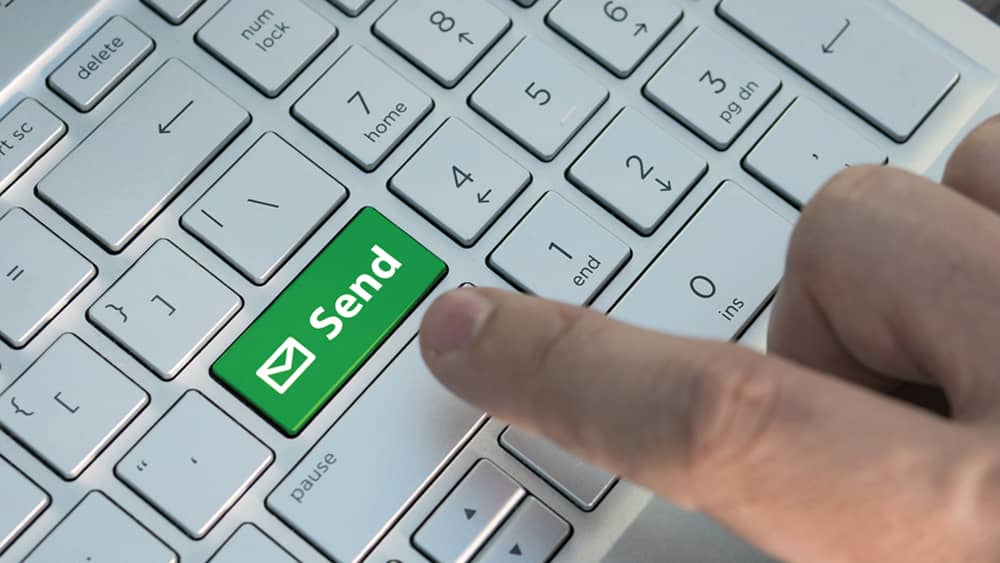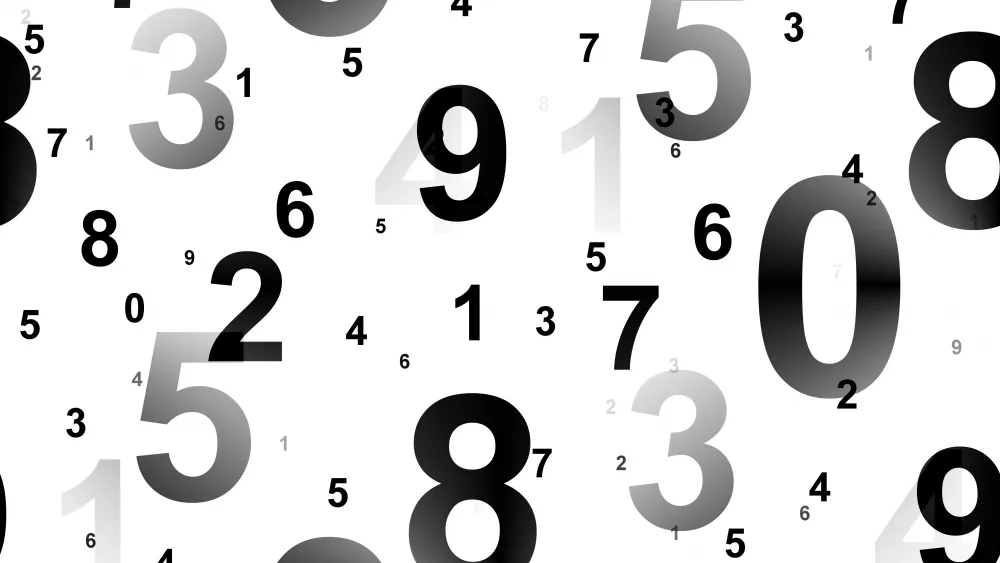
Writing 101: The Business Email
Writing a business email is different than sending off an email to a friend or family member. The tone should be more professional, but also warm and friendly. Here are some tips for crafting an effective business email every time.
Greet the recipient. Take the time to write a greeting, and when possible, include the recipient’s name. This makes your greeting seem more real and shows you took the time to personalize it.
Avoid rambling. This is an email, not a handwritten letter. Avoid writing volumes of information. Instead, get the basic points across.
Use the subject line. How many times have you deleted a message without reading it because there was no subject? Other people do this, too. Keep your message on the subject line clear and to the point.
Careful with your tone. It’s difficult to communicate via email because the recipient can’t read your body language and hear your tone of voice. Choose your words carefully, so you don’t come across as abrupt, abrasive or pushy.
Check your spelling. This may seem like a no-brainer, but far too many people send emails without double-checking their spelling and grammar, which looks, well, unprofessional. There is a spell check tool for a reason. Use it.
Avoid emoticons. Save the cute little emoticons for your friends and family. They are just that, cute. They do not look professional, and no, they do make you seem more down to earth.
Reconsider attachments. If there’s something you really want the recipient to see, include the most important part of it within the email. Attachments add an unnecessary step for your reader. You can always include the attachment, and let readers decide whether to open it.
Avoid ALL CAPS. Using ALL CAPS is harsh looking and comes off as if you’re yelling. If you absolutely want to stress a word or phrase, better to italicize it.
Say good-bye. In addition to a nice greeting, a business email should include a closing, as well as a signature. For instance, it could be as simple as saying, “Thank you,” or “Sincerely.” Or, writing something more elaborate such as, “I look forward to hearing from you.”
salesforce.com

Best E-mail Sign-Offs
So you’ve worked to make your email clear and edited it to streamline your writing. But it can all go awry with the wrong closing. It’s just a word or a phrase, but finding the right tone to close your email requires a surprising amount of thought and finesse. Consider the context. What works for a friend or a close colleague, doesn’t work in strictly professional correspondence with a distant acquaintance or someone you’ve never met. Here are some sign-offs to set the right tone, as well as closings you should avoid.
Tried-and-true
Here’s a rundown of tried-and-true sign-offs that work best to set the right tone.
Formal business sign-offs. For a formal (and safe!) business closing, try one of these: Regards, Sincerely, or Best wishes.
Friendly business closings. If you’re aiming for a warm, friendly tone, try Best, Cheers, or As ever.
Closings to express gratitude, or make a request. A simple “Thanks” is a solid choice when you want to express gratitude. And you can never go wrong when you add the line, “I appreciate your [help, input, feedback, etc.] to express appreciation when someone helps you out. Closing with “Thanks in advance” conveys a tone of expectancy. Save it for when you mean to imply, “I expect you to do this.”
Sign-offs to avoid
The closings you want to avoid altogether in a business email.
Love. Save this one for your significant other, family and friends. Ditto for “Hugs” or “XOXO.”
Thx or Rgrds. You’re not 13, and this conversation is not taking place on a messaging app. Take the time to write your words.
Take care. On the surface, it sounds pleasant, but on closer examination, it seems to imply that the recipient should be wary of potential danger. Use this one only if there’s known to be bears lurking around the dumpster at the recipient’s office.
Yours truly. Do you really, really belong to the recipient? Nope. This sounds insincere and hokey unless you’re writing home to your parents from summer camp.
Respectfully/Respectfully yours. This is the standard close for government officials and clergy. So if you’re writing to an ordained minister or the POTUS, fine. Otherwise, avoid them.
[Nothing at all]. Okay, we live in the modern world of instant messaging, but this comes off as a bit abrupt and impersonal. Say something—anything—to close.
grammarly.com



